Pope Francis renews apology to Canadian Indigenous for Church abuse
Pope Francis has renewed his apology to Indigenous people in Canada who were subjected to abuse over a span of decades at residential schools run by the Catholic Church, while denouncing "ideological colonization" of the past.
Speaking at Quebec City's historic Citadelle on Wednesday, the head of the Catholic Church slammed the "deplorable" school system and again expressed his "deep shame and sorrow” for the Church's role in the atrocities.
"In that deplorable system, promoted by the governmental authorities of the time, which separated many children from their families, different local Catholic institutions had a part," Francis said.
"I renew my request for forgiveness for the wrong done by so many Christians to the Indigenous peoples," he added.
The 85-year-old pontiff further decried the "colonialist mentality" of the past, adding that, "Today, too, there are any number of forms of ideological colonization that clash with the reality of life, stifle the natural attachment of peoples to their values, and attempt to uproot their traditions, history and religious ties."
He also vowed to promote the rights of Indigenous people and to "favor processes of healing and reconciliation" between Indigenous and non-Indigenous Canadians.
Prime Minister Justin Trudeau, who has made reconciliation with Canada's Indigenous peoples one of his political priorities, and Mary Simon, Canada's first Indigenous governor general, greeted the pope when he arrived in Quebec City from Edmonton.
In their addresses to the pope, both Trudeau and Simon poignantly told him of the tragedies that unfolded in the schools, the last of which closed nearly two decades before Francis became pope.
"With this visit you're signaling to the world that you and the Roman Catholic Church are joining us on our path of reconciliation, healing, hope and renewal," Simon said.
"But these people, these survivors, they defy definition. They are parents who defended their children when no one else would. They are advocates who fought, and are still fighting, for their languages and cultures so that they can thrive for generations to come," she said.
According to reports, some 150,000 Indian, Metis, and Inuit children were enrolled from the late 1800s to the 1990s in 139 of the residential schools across Canada, spending months or years isolated from their families. Many of the Indigenous children taken from their homes by the Church's school system were subjected to abuse, rape, and malnutrition. An estimated 6,000 First Nation children died while attending those schools.
In 2015, the Canadian government-sponsored Truth and Reconciliation Commission investigating the atrocities against natives described the Church's acts as "cultural genocide."
Under pressure, the Canadian government formally apologized in 2008.
In April, representatives of Canada's Indigenous people met with Pope Francis in the Vatican, asking for an apology for the abuse and death of children in schools run by the Catholic Church.
Francis, who is on a six-day visit to Canada, made his first apology on Monday in the western Indigenous community of Maskwacis, which was hailed as "historic."
The pontiff will end his Canada tour in Iqaluit, home to the largest Inuit population in Canada, where he will meet with former residential school students, before returning to Italy.
Some 44 percent of Canada's population is reportedly Catholic, while 18 percent is said to be Protestant. Muslims make up 3.2 percent of Canada's 38 million population.
The leader of the Catholics of the world is suffering from a knee ailment and an inflamed ligament that has forced him to use a cane or wheelchair during his Canada tour.
VIDEO | Press TV's news headlines
VIDEO | Iran will not 'capitulate' since it has military surprises for US
China overtakes US as Germany’s top trading partner
VIDEO | Displaced Gazans struggle to find clean water amid Ramadan
VIDEO | Pakistan strikes militant camps along Afghan border after suicide bombings
Iran FM: Chance still exists for win-win solution to nuclear issue
Denmark rejects Trump's plan to send US hospital ship to Greenland
US Secret Service kills man trying to enter Trump’s Mar-a-Lago estate


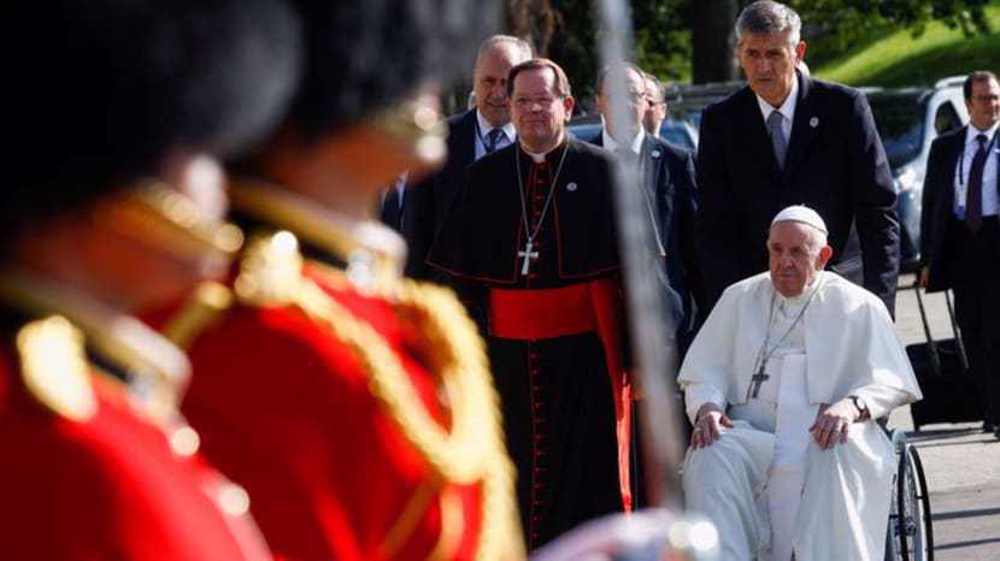
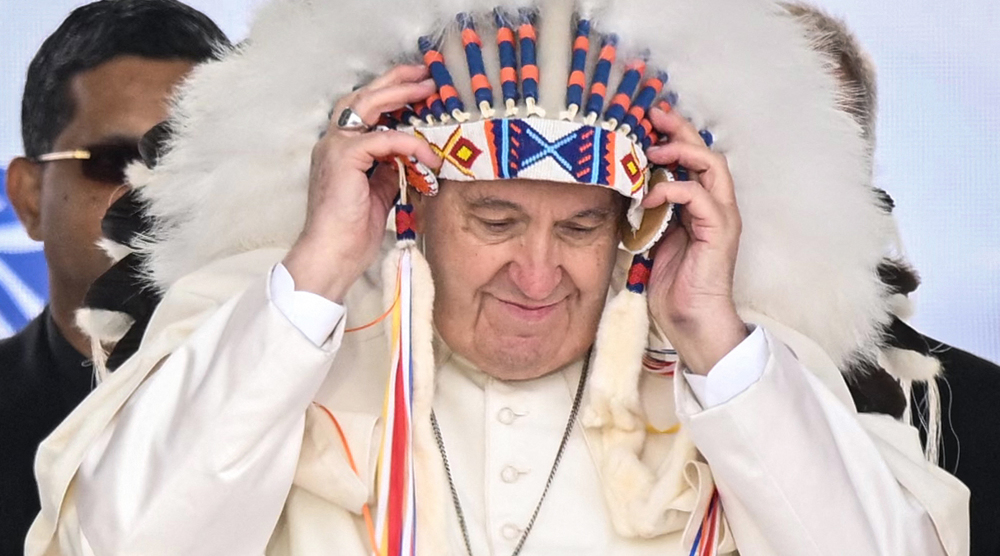
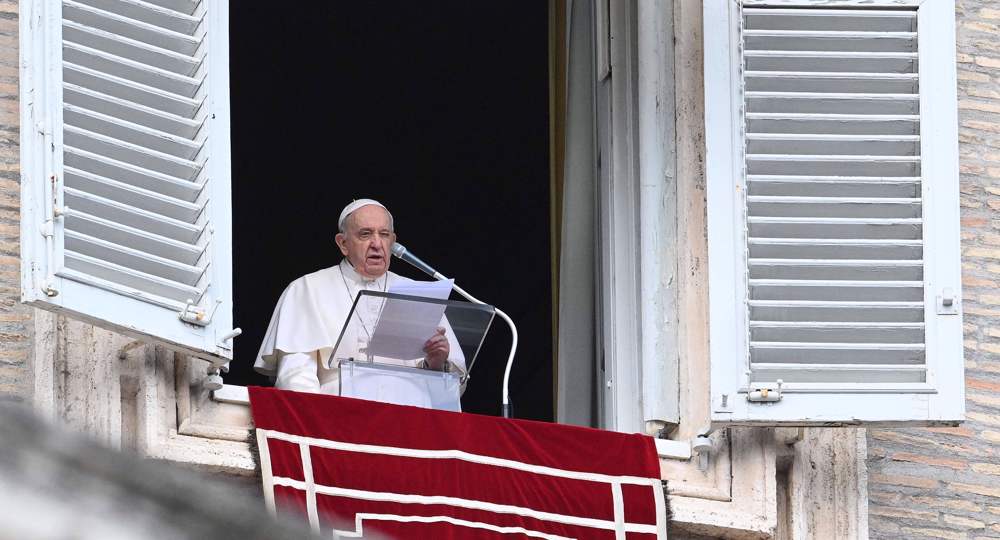
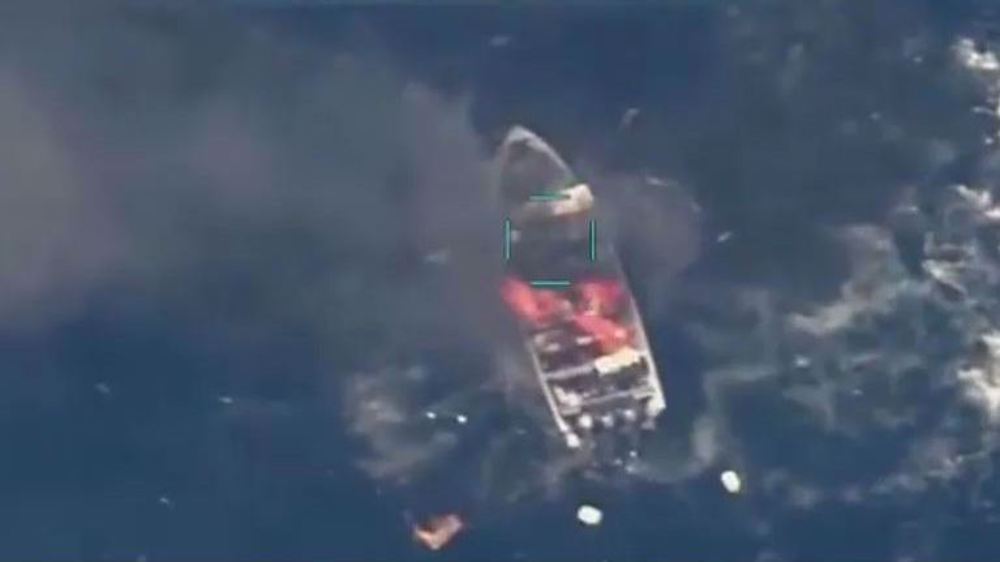
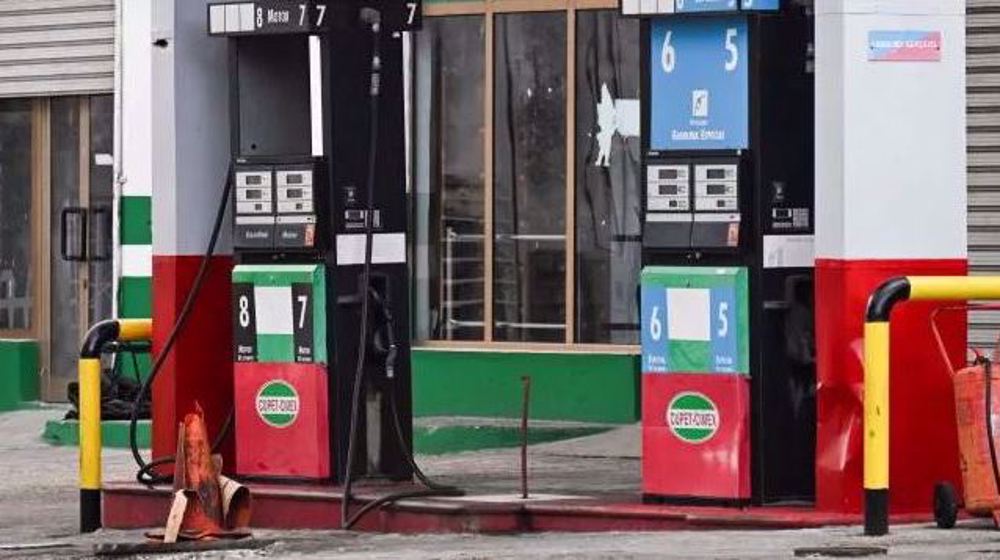
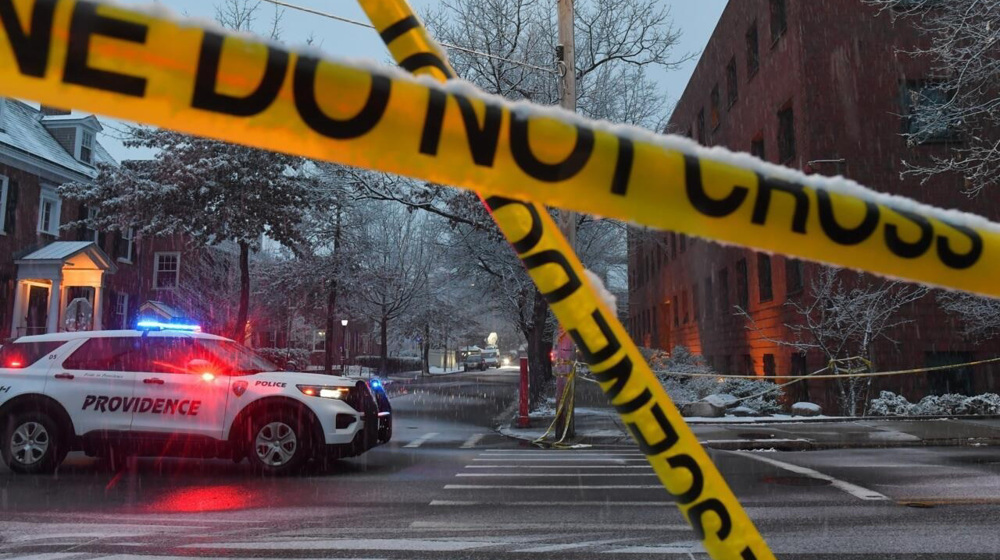



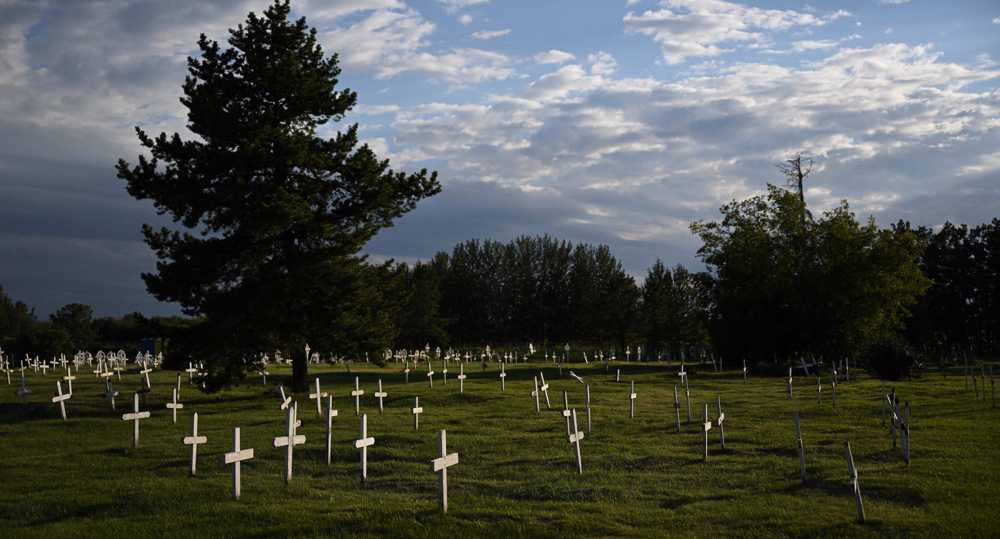
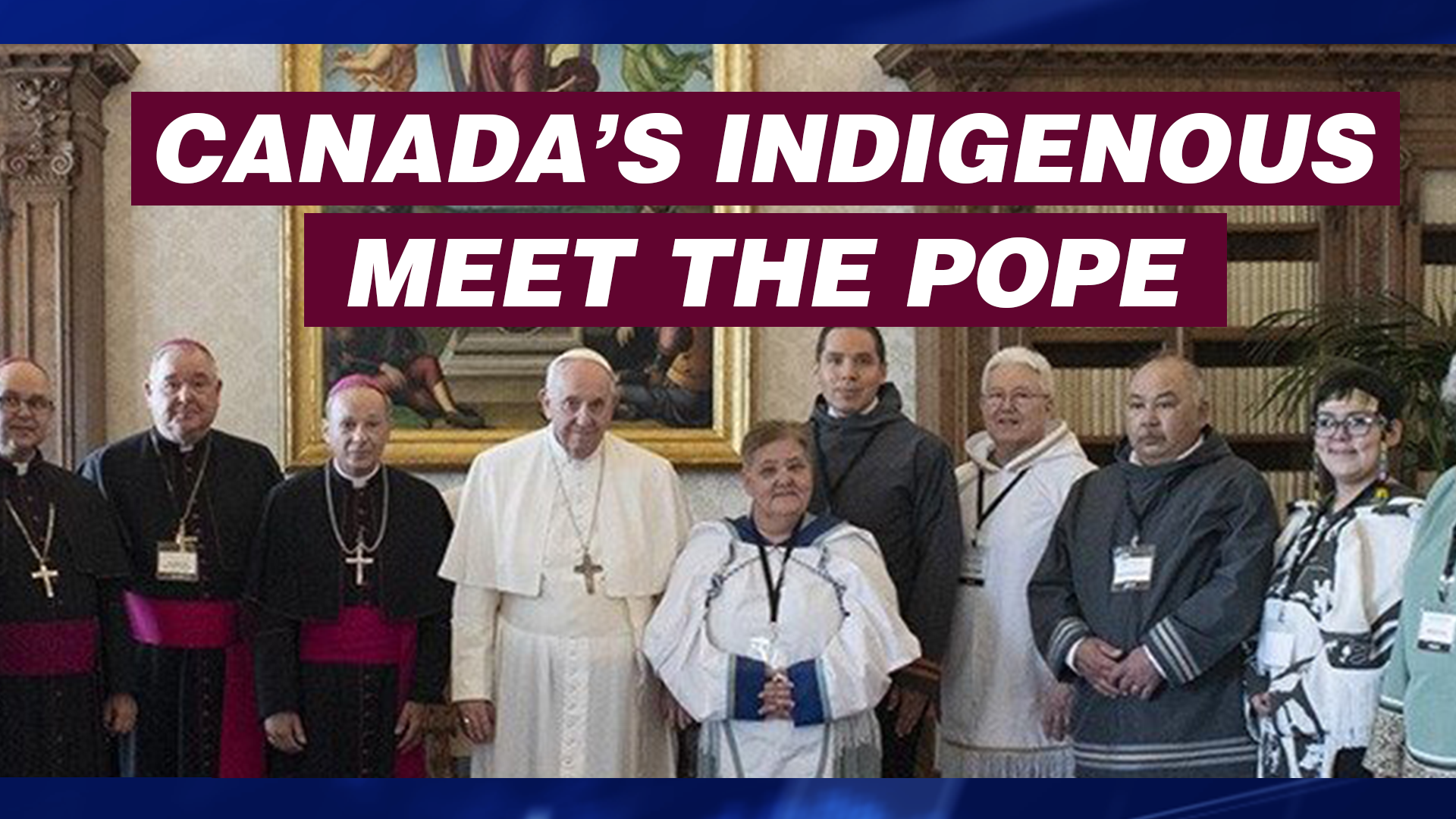

 This makes it easy to access the Press TV website
This makes it easy to access the Press TV website